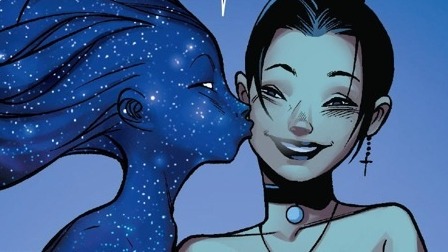Perfectly respectable Victorian women wrote to each other in terms such as these: ‘I hope for you so much, and feel so eager for you… that the expectation once more to see your face again, makes me feel hot and feverish.’ They recorded the ‘furnace blast’ of their ‘passionate attachments’ to each other… They carved their initials into trees, set flowers in front of one another’s portraits, danced together, kissed, held hands, and endured intense jealousies over rivals or small slights… Today if a woman died and her son or husband found such diaries or letters in her effects, he would probably destroy them in rage or humiliation. In the nineteenth century, these sentiments were so respectable that surviving relatives often published them in elegies…. [In the 1920s] people’s interpretation of physical contact became extraordinarily ‘privatized and sexualized,’ so that all types of touching, kissing, and holding were seen as sexual foreplay rather than accepted as ordinary means of communication that carried different meanings in different contexts… It is not that homosexuality was acceptable before; but now a wider range of behavior opened a person up to being branded as a homosexual… The romantic friendships that had existed among many unmarried men in the nineteenth century were no longer compatible with heterosexual identity.
